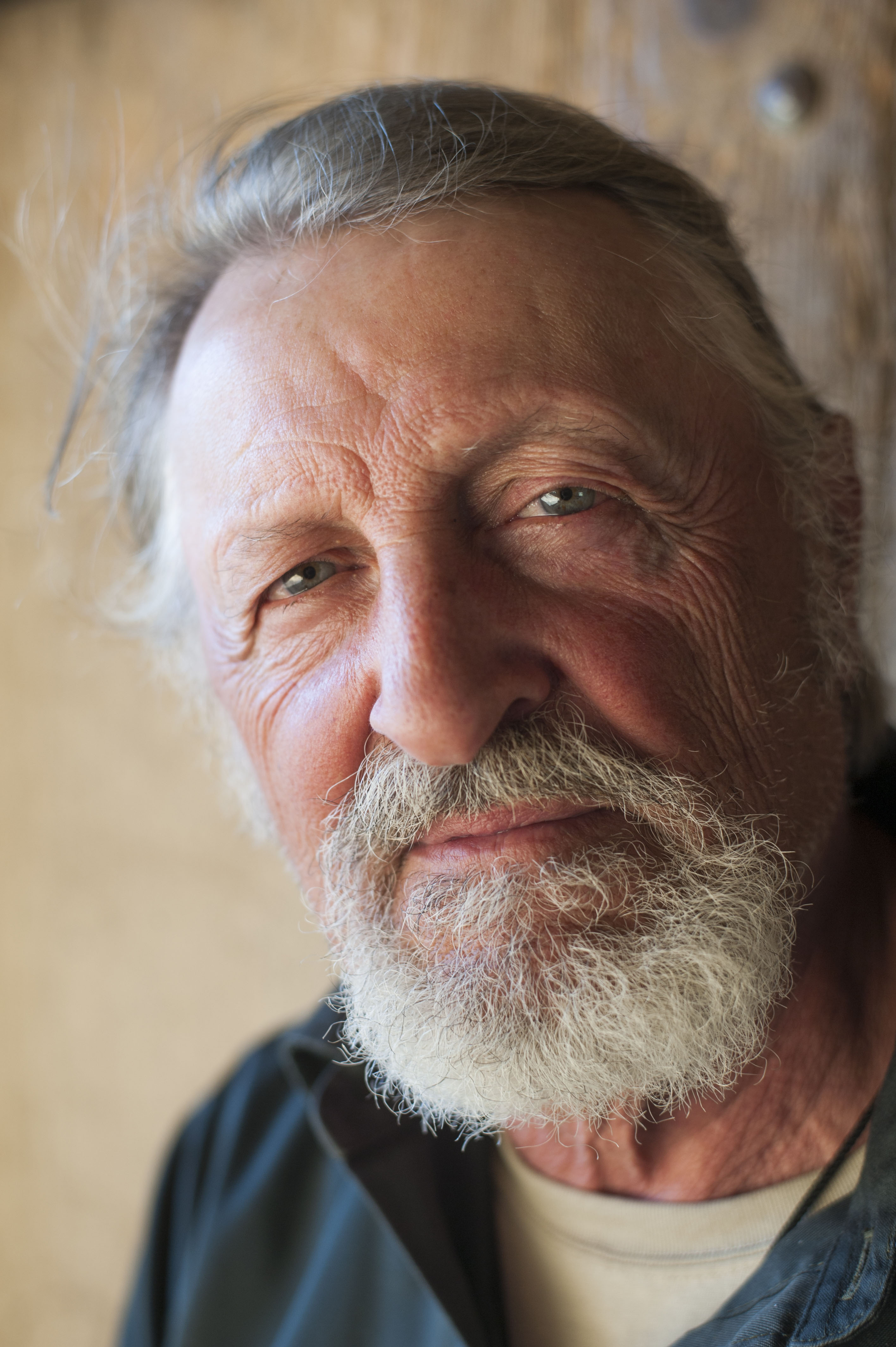LOGGING OF THE LAND
Floyd County, Virginia


Over the past 40 years, Jason Rutledge has raised four children and countless horses on the eastern edge of Central Appalachia. Originally drawn to the area for its botanical diversity and cheap land, Rutledge purchased a small farm in Floyd County, Virginia, to start a logging company.
“You don’t get rich at it, but we make a living… And I am willing to pay to live a life of dignity,” Rutledge, a self-proclaimed “biological woodsman,” said.
His company differentiates itself from other loggers by primarily using horses and leaving little impact on the environment. Rutledge is a firm believer that what he leaves is more important than what he takes and he can only survive based on the resources around him.
Farming is a rather self-sufficient lifestyle, but Rutledge gives all the credit to his community. Whether it is bartering services or just helping one another out, Rutledge constantly referenced his community in the importance of his success.
“They let me go into their forest and manage it and they repair my vehicles. They do things that they are better at doing than I can do. I don’t think of myself as being self-sufficient, stand-alone… I could have not made it here without the help of my neighbors,” said Rutledge.
His farm has since grown to 75 acres and can house up to 18 horses. The ranch, called Windridge Farm, is about 30 minutes outside of Roanoke, Va., and boasts a 6,000 sq. ft barn and solar powered home that Rutledge has lived in since 1985. His son, Jagger Rutledge, also lives on the farm and helps run the business. They typically work during the forests dormant season to lessen their impact, which comes to about 180 days logged a year. Using a “worst first” method, Jason identifies trees that need to be cut down due to damage, disease, or inferiority, and leaves the rest of the forest to manage itself. This process, as opposed to clear cutting, allows sites to be harvested on a ten-year cycle without wiping out the beauty and function of the forest.
Rutledge hosts several different workshops to teach what he practices. He has been invited to speak at local TEDx events and has taken on graduate assistants through grant programs to continue his sustainable way of work. Rutledge has made name for himself by using horses and having access to the large diversity of tree species in Central Appalachia. Black Locust, once an invasive species, has now rose to popularity in the logging industry. Its disease resistant properties and aesthetic mirror a rainforest tree species known as Ipe, commonly used for flooring and tool handles.
“The rainforest needs to be left alone, it is the most important part of our planet, more so than the temperate world, because of the biological activity and contributions to the health of the atmosphere,” Rutledge said.
Rutledge’s harvested wood has been used in everything from fence posts to xylophones, and sold as far as London, England. When asked why he thinks his work in Appalachia is important, Rutledge simply responds, “It provides me a… deep way of living. Where I can feel good about being alive. I know I am leaving the world a better place and I am teaching people, so I do it for my own sense of human dignity.”